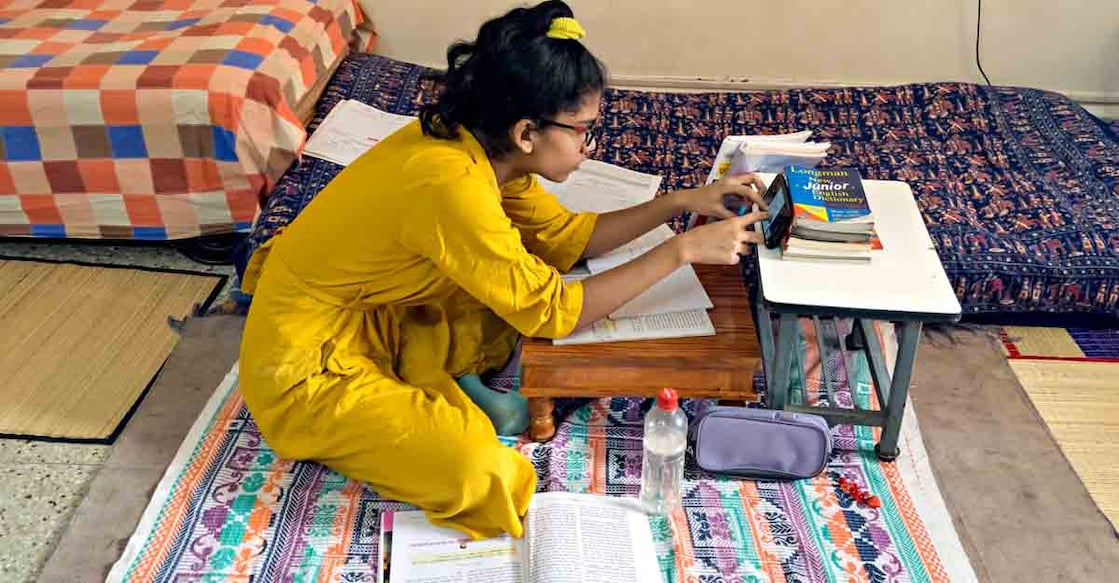God's Own Twenty 20: The year that disrupted education as we knew it

Mail This Article
Necessity is the mother of invention and during hard times, new ways to cope up with challenging situations triggered by a pandemic have emerged.
COVID-19 spurred unprecedented changes and unleashed a disruption of massive proportions especially in the education sector.
There has been a sudden shift away from the regular classroom education to online learning and students are wondering whether the latter will continue post the pandemic and how such a shift would impact the worldwide education market.
As the pandemic unfolded, governments all over the world introduced various measures. Arrangements were made by schools and universities in compliance with these measures and students and teachers have had to make drastic changes to the traditional teaching and learning approach, working and learning from home.
According to a UN report, closures of schools and other learning spaces have impacted 94 per cent of the world’s student population, affecting up to 99 per cent in low and lower-middle-income countries. The pandemic has wreaked havoc affecting nearly 1.6 billion learners in more than 190 countries.
The world of teaching and learning has changed dramatically and will change in the coming years.
But, as we almost complete a year after the pandemic broke out, what is the impact of the pandemic on education, and what does it mean for the future?
Drive towards technology
Digital communication saw a major boost during this year as many institutions shifted their ground from offline to online education. With the virtual classes becoming the 'new normal', digital literacy, which was earlier difficult to achieve, is being fostered in students to help them navigate successfully through these tough times.

Accessibility, affordability and adaptability to the digital mode of education have been one of the major concerns during the pandemic.
Social conditions
COVID-19 has brought to the foreground the realities of the inequalities that exist in many countries. Students with access to digital devices and internet may not be the majority in many countries. Online learning is supposed to be the easier mode of education as it can be accessed from anywhere, anytime. This flexibility has opened doors for many students who could afford to go forward with the sudden change. But the accessibility to digital resources has been a question for the students who belong to the other strata.

Role of educators
The radical transformation from offline to online and blended learning was on the checklist of changing educational practices for a long time. Probably, COVID-19 was just acting as a catalyst towards the sudden change. But what had to change overnight was also the preparedness of the teachers. Educators in many parts of the world had to dive into something new and advanced, with little or no support. In fact, online instructions have to be a bit more engaging and deep rather than the regular classes for it to be effective.
But there are also different ways that education may change because of the hazards in student-teacher interaction.

Since students are now mostly at home, the role of parents as educators has also become important in the process.
The concern over a lost year or several months of classroom education has been doing the rounds.
It is true that the sudden changes in the education system have been devastating for many students and their families, especially for the disadvantaged students. But education should be more than merely filling up students with contents from books and should not be merely measured by how much of portions have been covered.
The way forward
The COVID-19- induced lockdown has given us a glimpse of what the future may look like, and that is not just for education. More people may be working or learning from home. Digital spaces and platforms will slowly replace the existing processes with remote workspaces and online interactions will become an everyday reality.
But for now, new and flexible educational approaches using current technologies that could expand the notion of a classroom to an environment where students could direct much of their own learning is the way ahead.


